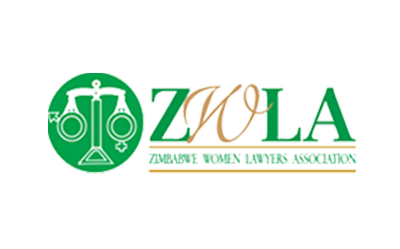
The current debate on the proposed Marriages Bill has re-ignited the issue of property rights during marriage. It is an issue that is closely linked to marriage itself. Properties are central in any marriage; whether civil or customary.
In Zimbabwe, the law that governs the property rights of married couples is the Married Persons Property Act (Chapter 5:12). In terms of this law, all marriages contracted after January 1, 1929, are deemed to be out of community of property unless parties to the marriage exclude the application of the Act through an agreement concluded prior to the marriage.
Out of community of property means that there is no automatic joint ownership of property by the parties to a marriage and joint ownership can only be shown through registration. On the contrary, community of property entails that parties own and control the property in equal shares.
The agreement to make a marriage in community of property must be drafted and registered by lawyers at the Deeds Registries Office and must comply with the law relating to notarial deeds. Parties married before January 1, 1929, are also free to enter into an agreement to make their marriage in of community of property. This agreement is done by parties who intends to have their marriage solemnised to exclude the application of the Act.
It is important to understand this principle of out of community of property. It means that whatever was acquired by a spouse prior to the marriage remains that spouse’s exclusive property with full rights that can be exercised by any owner. In addition, whatever property the parties to a marriage acquire during the subsistence of the marriage is owned by the party in whose name the property is registered with the power to sell or dispose the property. More often than not, parties to a marriage live under the impression that the properties that what they buy or acquire belong to them equally. This is not the case at all. A spouse whose name appears on the registration document of the property has real rights and can dispose the property without knowledge of the other party.
A spouse whose name does not appear on registration document has what are known as personal rights which can only be exercised as against the other spouse and not the property. There are other rights provided under the Domestic Violence Act and Maintenance Acts but they remain inferior to the rights of a spouse in whose name the property is registered.
Cases have gone before the courts with little help as the law is clear. In case of a house, a spouse in whose name the property is registered can sell it during the subsistence of the marriage. The other spouse can stop sale based on his/her personal rights that is if by any chance he/she gets to know that the property is being sold.

 Contact us for
Contact us for 